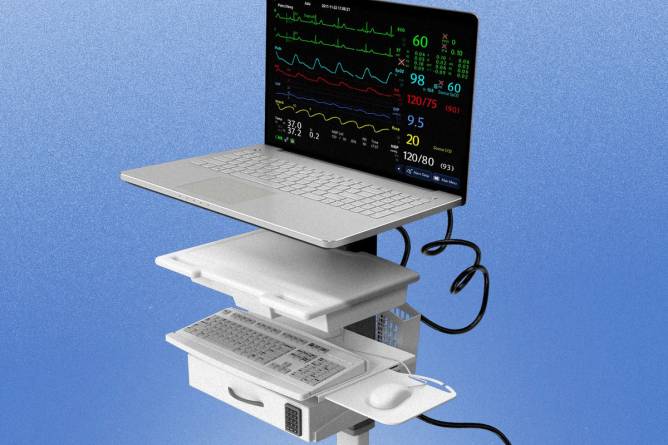The CDC’s Division of Oral Health has been gone since April 1, and dentists are lining up to do what they do best: fill the cavity left in its absence. Dental care leaders previously told Healthcare Brew they hope private industry will supplement the CDC’s canceled work, and now it appears that’s happening. The Association for Dental Safety (ADS), an international membership organization, announced Tuesday it’s starting a group called the ADS Institute for Dental Safety and Science to pick up where the CDC left off. In the federal oral health division’s absence, the group wants to oversee industry guidelines for infection control in dental healthcare settings, according to a release. These guidelines cover everything from how to sterilize instruments to which PPE to wear. Though not inherently mandatory, some states have made these rules part of laws that govern dental professionals, Michelle Lee, who will serve as the institute’s executive director and currently serves as ADS executive director, told us. Learn more about these guidelines here.—CC | 








